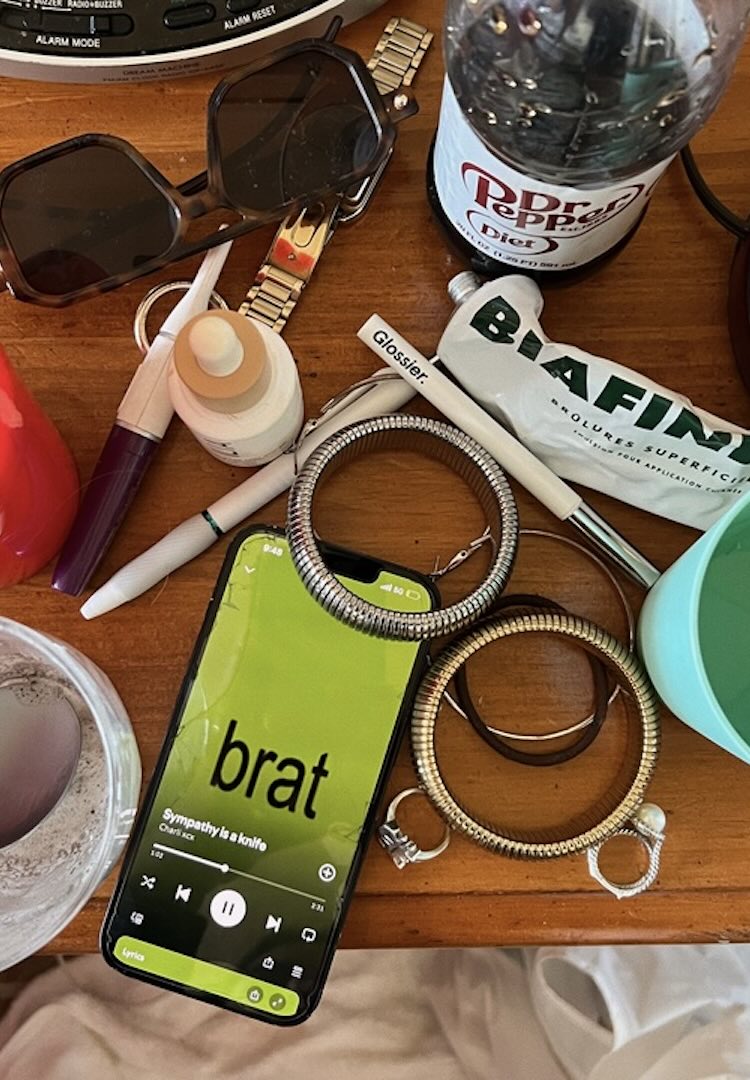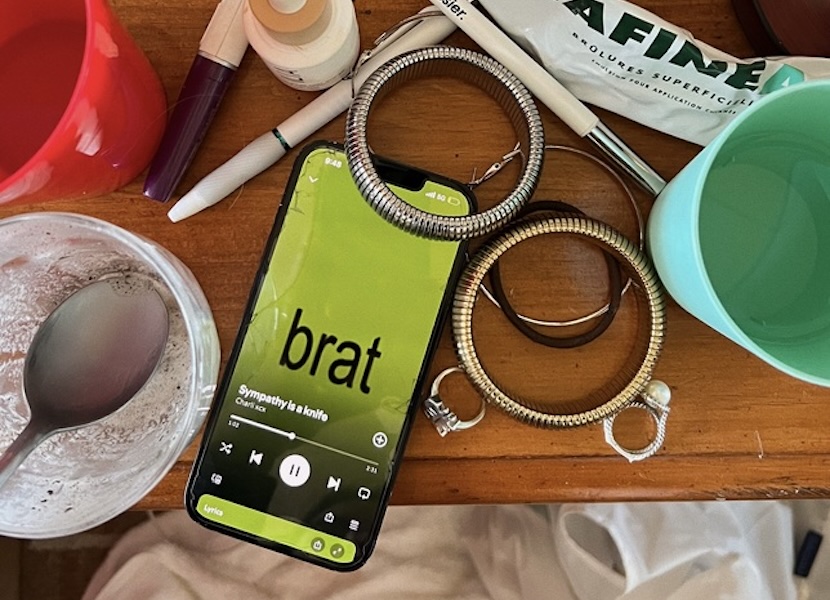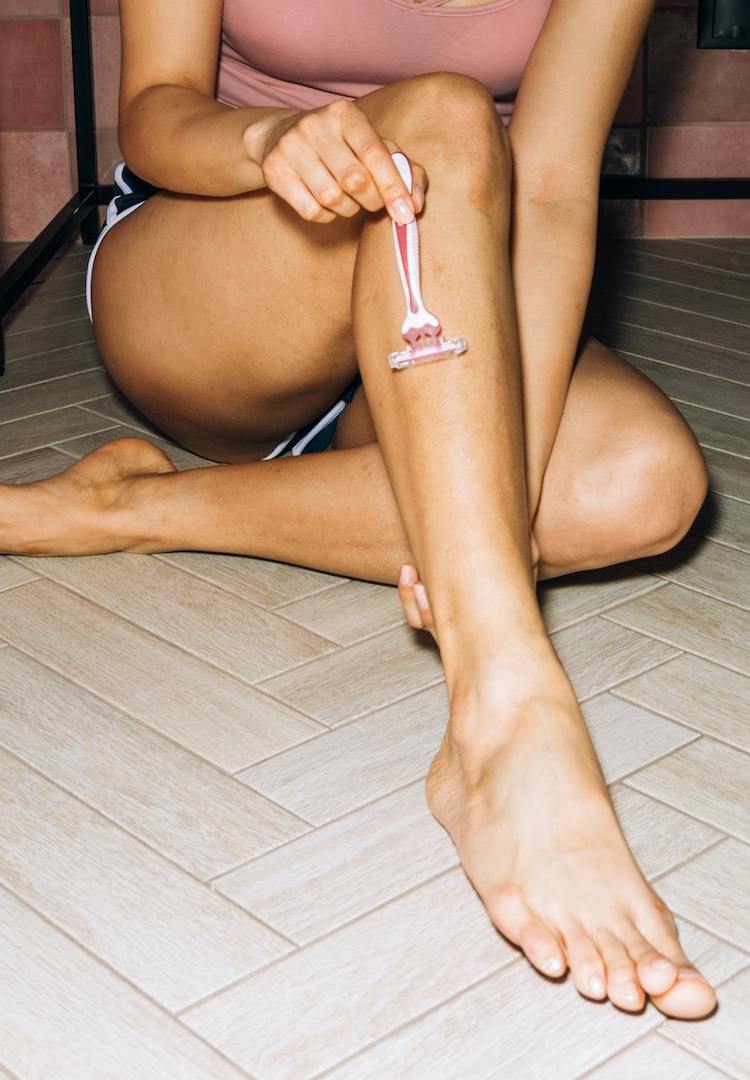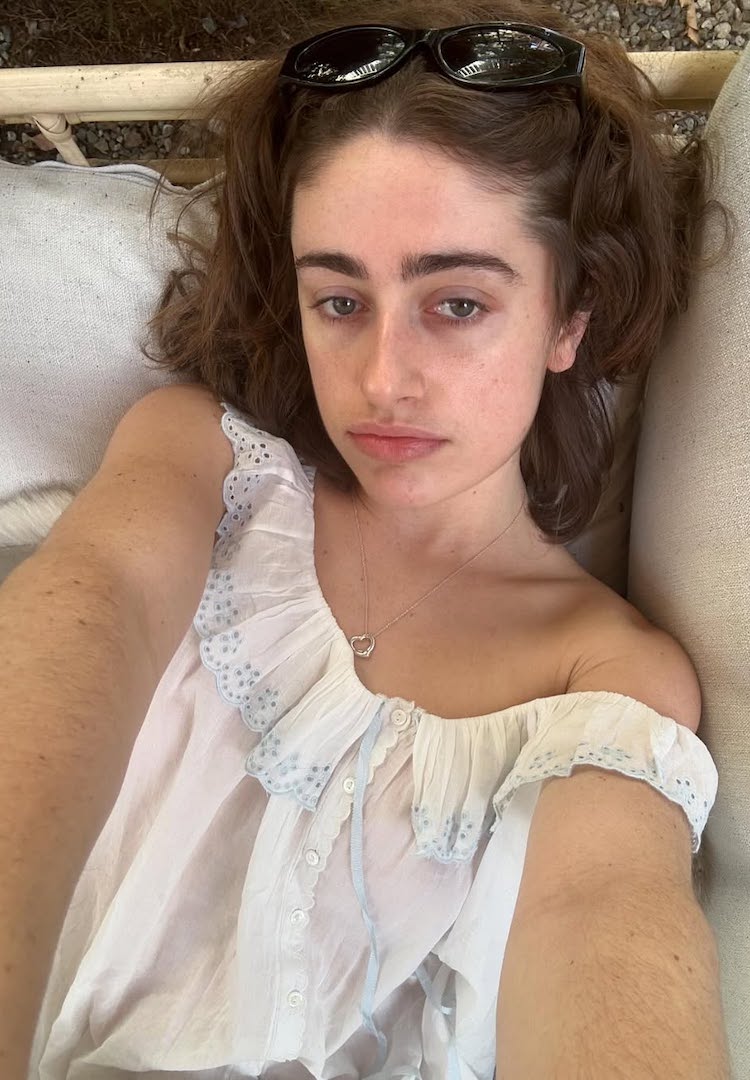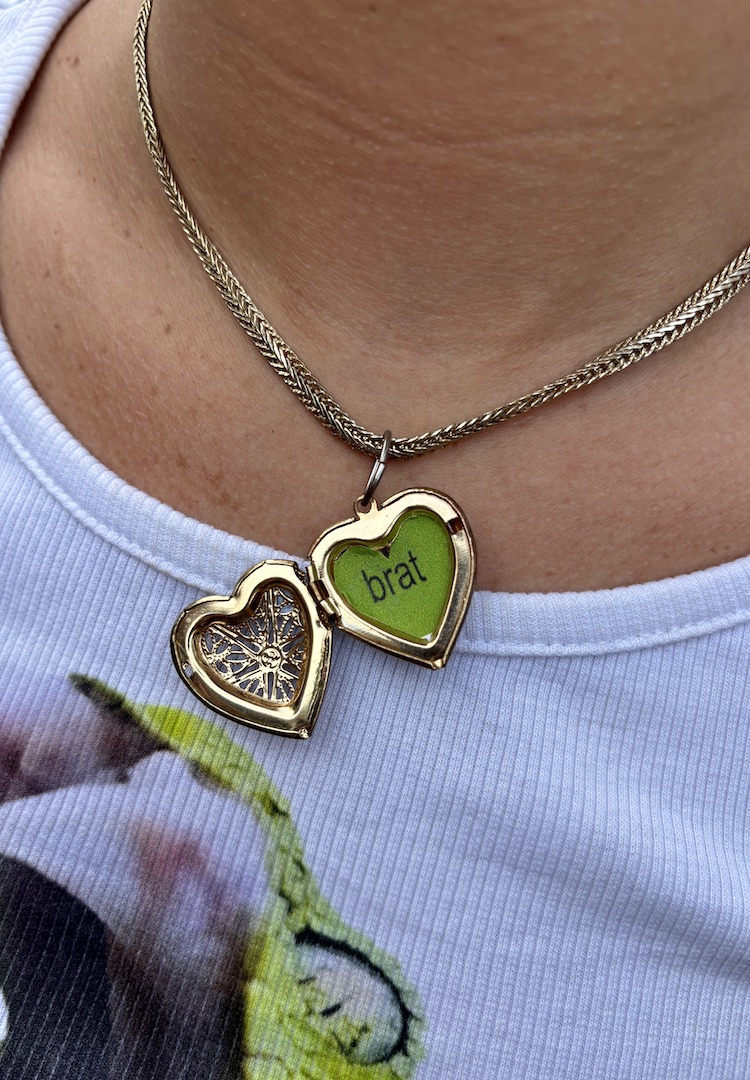Should women be allowed to hate each other again?
Words By Mia McGarr
How much do we really owe other women? Even those we aren’t friends with?
After Taylor Swift dropped her new album, The Life of a Showgirl, this month, it didn’t take long for listeners to pick up on one song in particular. The track ‘Actually Romantic’ appears to be a diss track about Charli xcx, in response to Charli’s song ‘Sympathy is a Knife’ on Brat, which fans speculated was written about Swift.
The subsequent commentary in both the media and real life brought up a recurring question in my mind: ‘Are women allowed to hate each other?’ or rather, does openly disliking, or even hating, another woman inherently make you a bad feminist?
Looking for more friendship advice? Try our Life section.
As a culture, I believe it’s worth interrogating our comfort level with women’s full range of emotions and humanity, especially when this includes our capacity for pettiness and anger.
In recent years, the idea of the ‘girl’s girl’ has seemingly become a standard of feminism we now measure every woman against, especially those in the public eye. In many ways, the initial principle was beautiful: that we, as women, should aim to uplift each other in a culture that continually pits us against one another, and that as women living in a patriarchal society, it’s in our best interest to show each other support and loyalty.
A girl’s girl quietly lets you know when your tag is sticking out. She sends you a message when she catches your boyfriend cheating at the bar, gives you credit for your ideas in a meeting full of men, compliments your outfit on the street and checks in when she sees you with a date you don’t look comfortable with. She’s a trained vigilante, always looking out, always protecting. There’s so much good in it.
And yet, almost as quickly as ‘the girl’s girl’ became the highest order of compliment, it began to be used as a yardstick with which to beat down other women with, à la Ariana Grande, when her relationship with her (reportedly still married) Wicked co-star, Ethan Slater, went public.
Like positivity turned toxic, the well-meaning term began to feel more twisted. Never be selfish, never ever choose the boy over the girl, look out for other women as though they’re your best friend, even if you don’t know them – and if you do know them and don’t like them… side with them anyway.
Charli xcx’s Brat was, in many ways, an honest exploration of this exact pressure. “It’s so complicated being an artist, especially a female artist, where you’re pitted against your peers but also expected to be best friends with every single person constantly and if you’re not, you’re deemed a bad feminist,” she said about the album. “As an artist, as a woman, sometimes you can feel on top of the world, some days you can feel incredibly insecure, other days you can feel highly competitive… and these songs talk about it and I’ll probably be chastised for it.”
What strikes me is how Charli felt the need to explain, essentially, her humanity as a woman, justifying her right to explore those emotions through her own music. Throughout their careers, both Taylor Swift and Charli xcx have been scrutinised for their relationships with other women in the industry. Taylor’s beef with Katy Perry was notorious, cemented by songs like ‘Bad Blood’ and ‘Swish Swish’. Charli wrote about struggling with comparisons and jealousy surrounding her friendship with Lorde in ‘Girl, so Confusing’.
Through their music, these artists explore and capture their feelings towards one another; some parts appear nuanced, while others, well, don’t. Some parts are petty and maybe even bitchy. But that’s what makes them true. Charli sings in ‘Sympathy is a Knife’: “Don’t wanna see her backstage at my boyfriend’s show. Fingers crossed behind my back, I hope they break up quick.”
“I heard you call me ‘Boring Barbie’ when the coke’s got you brave. High-fived my ex and then you said you’re glad he ghosted me” is Swift’s rumoured reply.
Regardless of where you sit between Taylor and Charli, or Cardi and Nicki, or any other women who have publicly argued, their lyrics are honest precisely because they reflect the unfiltered remarks you’d only tell your best friend over drinks. It’s not kind or thoughtful, or considered, but I’m not sure that all art has to be, just as not all human feelings are.
Isn’t it the job of an artist to pluck the things normally expressed in private (whether good or bad) and express them with something that reflects and entertains? Maybe it’s okay for women not to get along? And maybe we could even give ourselves permission to have a sense of humour about it.
We certainly seem to be able to when Kendrick Lamar writes a diss track about Drake. His song, ‘Not Like Us’ won five Grammys and arguably landed him the headlining act at the Super Bowl. But the song’s success was bigger than the critical acclaim; people listened because it became a cultural moment that they were having fun with. When a man publicly called out another man for “lik[ing] ‘em young”, the public cheered and laughed.
Men get to tear each other down because they – and we as a society – don’t need to worry about their division being used to further oppress them. Women don’t have that luxury; the stakes have always been higher.
Based on both Taylor Swift’s and Charli xcx’s feminist track records (while not squeaky clean), I do believe that if either of them, or their peers, were under threat, they would support each other in the face of misogyny. And still not like each other personally.
Perhaps feminism can and should exist in the duality that is holding ourselves to a higher standard on collective issues, while equally defending each other’s right to express every part of our messy humanity. The grittier, the better.
For more on Charli xcx and Taylor Swift, head here.


